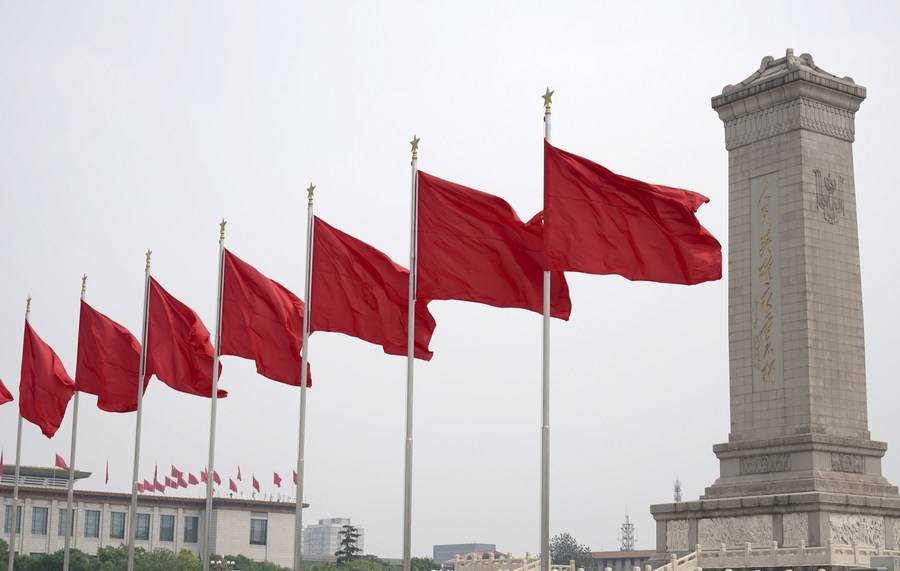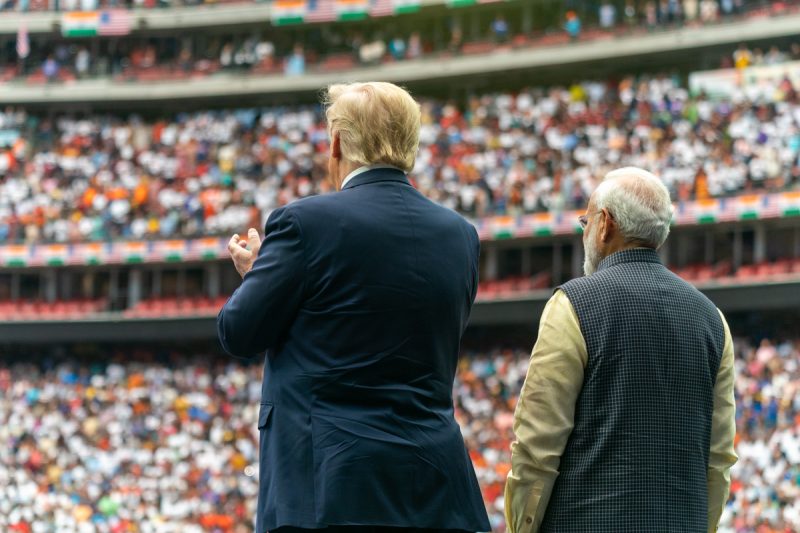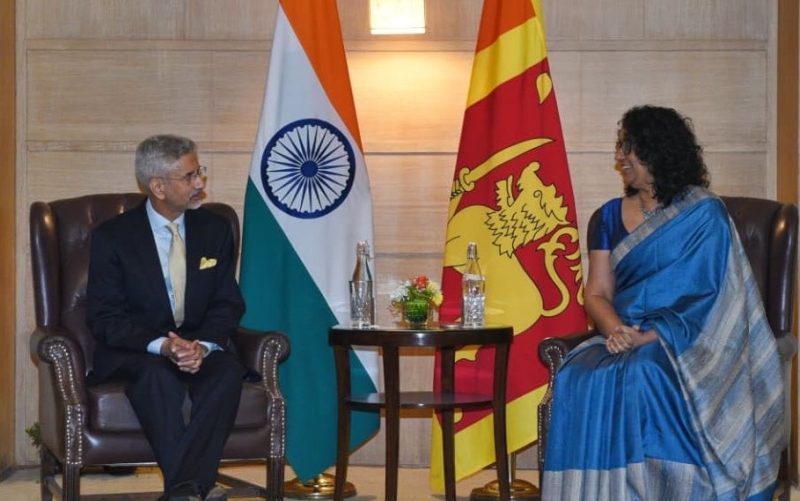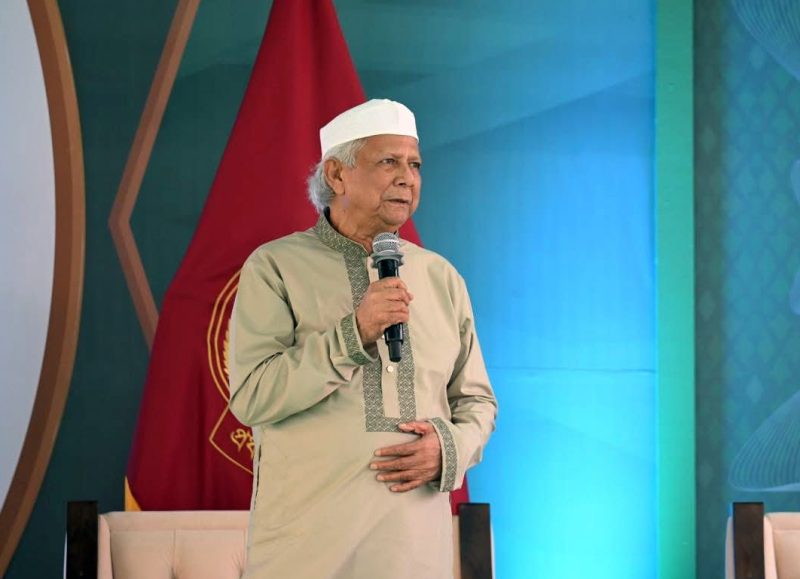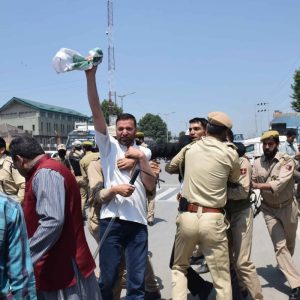As per the report, Ali Imtiaz said that when summoned by the court, no one from the intelligence agencies or authorities appeared in court. reports Sanjeev Sharma
Families of disappeared people in Pakistan reported that their efforts to compel authorities to return their loved ones through the courts were unsuccessful, a report by Amnesty International said.
Although cases have been documented as far back as the mid-1980s, the practice has been routinely used by Pakistan’s intelligence services since the inception of the so-called “War on Terror” in 2001, to target human rights defenders, political activists, students, and journalists, with the fate of hundreds of victims still unknown, the report said.
As per the report, Ali Imtiaz said that when summoned by the court, no one from the intelligence agencies or authorities appeared in court.
In cases when the authorities did appear in court, they would still not provide answers for the families.
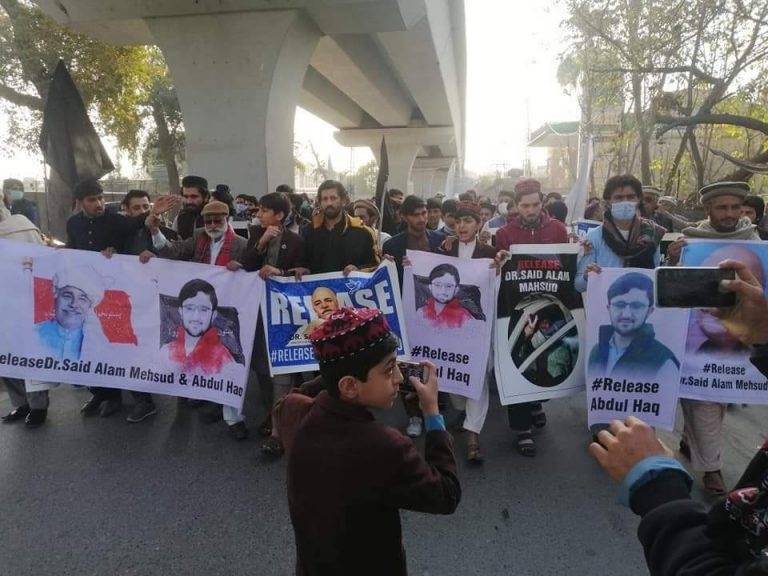
Sammi Baloch recounted that when the authorities appeared before the court, they claimed her father had travelled to Afghanistan to train as a separatist, but they could not show any evidence to substantiate these claims.
“Unfortunately, these allegations and unsubstantiated claims are not limited to the authorities: two people Amnesty International spoke to described facing such unsubstantiated claims and allegations from the judges hearing their cases. One person reported that the judge suggested her husband had run away and not disappeared,” the report said.
Shabana Majeed described a scene where she was in a court hearing with other families of the disappeared, begging a judge for answers and justice about their missing loved ones, and the judge responded by shouting and berating the families with harsh language.
The report said people who access the justice system must be treated in a free, fair and impartial manner; the conduct of the judge in this instance is a violation of this right. The lack of progress in these cases, where families of the disappeared are treated without empathy or humanity, is indicative of the difficulties surrounding cases of enforced disappearances and the struggles of families who are fighting for information and justice for their missing loved ones.
In 2011, on the orders of the Pakistan Supreme Court, the Pakistan Ministry of Interior set up the Commission of Inquiry on Enforced Disappearances (COIED).
The mandate of this commission is to trace the location of a ‘disappeared’ person, find out who is responsible (whether State, individual or institution), ensure an FIR is registered and recommend standard operating procedures to law enforcement and intelligence agencies.
According to the COIED’s monthly report for September 2021, it has received 8,122 cases since its inception, of which 2,274 remain unresolved.
In September 2021, the Commission disposed of 27 cases, where 24 people had been traced, 13 returned home, six were confined in internment centres, five were confined in jail and three were deemed not to be cases of enforced disappearance.
Civil society and families of the disappeared, who have no representation on the COIED, have criticized the commission for not using the powers vested in it to investigate cases of enforced disappearances or bring those suspected of criminal responsibility to justice.
In 2020, the International Commission of Jurists stated that in nine years of operation the COIED had not held a single perpetrator of an enforced disappearance accountable for the crime. 50 Families of the disappeared who spoke to Amnesty International reported that after multiple hearings, those whose cases were before the COIED have received no answers or justice.
All of the families whose cases were before the COIED and who spoke to Amnesty International are still waiting for any information about their loved ones, in some instances years after proceedings were instigated through the COIED.







